The bad news for President Trump just keeps coming .
Just this week I wrote about two polls that shed some doubt on the conventional wisdom about the constancy of the Trump base. A CNN survey released on Tuesday, August 8 largely confirms the findings from last week’s Quinnipiac poll: although President Trump remains popular among his core supporters—whites without a college degree—there are signs of erosion sparked by doubts about his character and effectiveness.
On the one hand, substantial majorities of Mr. Trump’s base back his handling of the economy, national security, and immigration. On the other hand, only 50 percent think he has the right priorities; 45 percent do not. Only 49 percent think his first six months in office have been a success, while 46 percent disagree.
When it comes to the president’s personal characteristics, a similar ambivalence is evident. 58 percent of white working-class voters continue to believe that Mr. Trump can bring about the kind of change the country needs. Still, only 46 percent of these voters believe that he will unite the country rather than dividing it, only 45 percent admire him, and only 43 say they are proud to have him as president, compared to 54 percent who do not. 43 percent agree that his statements and actions since taking office have made them more confident of his ability to conduct this office; 54 percent say that his statements and actions have made them less confident. Just 28 percent think that he has raised the stature of the presidency since taking office, while 43 percent think he has lowered it.
If Mr. Trump were to listen to the views his core supporters expressed in the CNN survey, he would stop tweeting. Yes, majorities affirm that tweets are an effective form of communication, especially because they bypass the media filter. But 62 percent of his white working-class supporters say that his tweets are easily misunderstood, 67 percent say that he too often tweets in response to something he has seen on TV, and 67 believe that they are a risky way for a president to communicate. This is especially true in foreign affairs: only 29 percent think that his tweets send the right message to foreign leaders, while 63 percent do not.
By a margin of 53 to 40 percent, the president still retains the approval of his base. But this represents a double-digit decline from the support he enjoyed among these voters last November. And in a troubling sign for the White House, almost as many white working-class Americans strongly disapprove of his performance in office as strongly approve. If Mr. Trump is serious about reversing this decline, this survey suggests, he can begin by honoring his campaign promise to be more presidential once he took office. Closing down his Twitter account wouldn’t be a bad start.
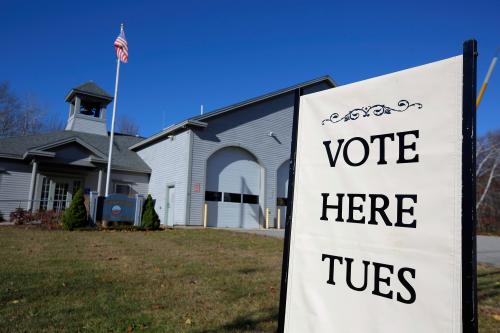
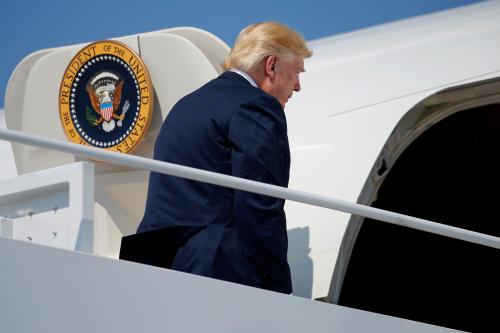
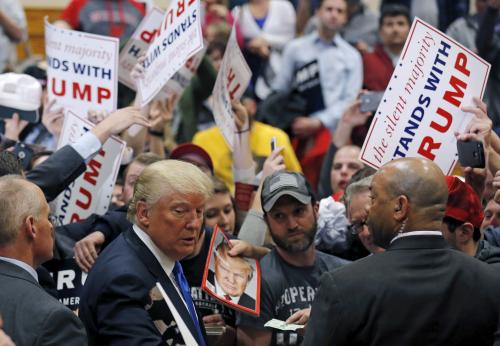
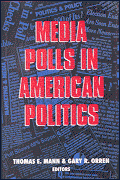
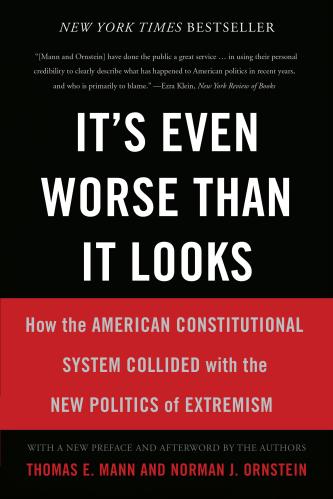
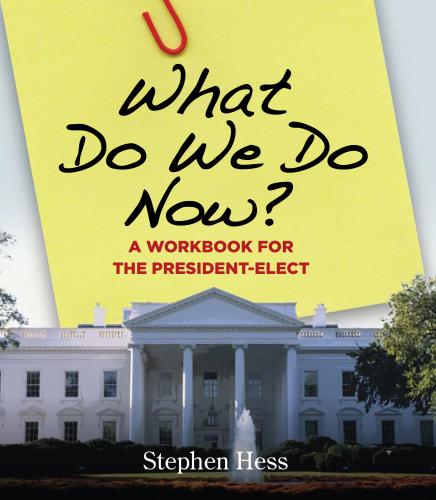


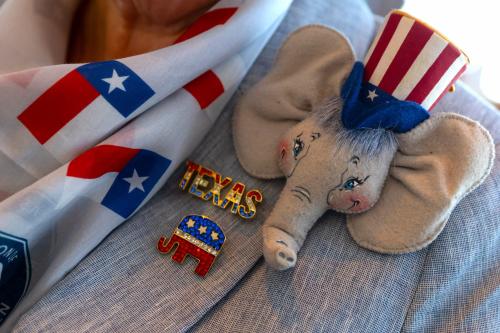
Commentary
Trump’s supporters are worried about his priorities, and tired of his tweets
August 9, 2017